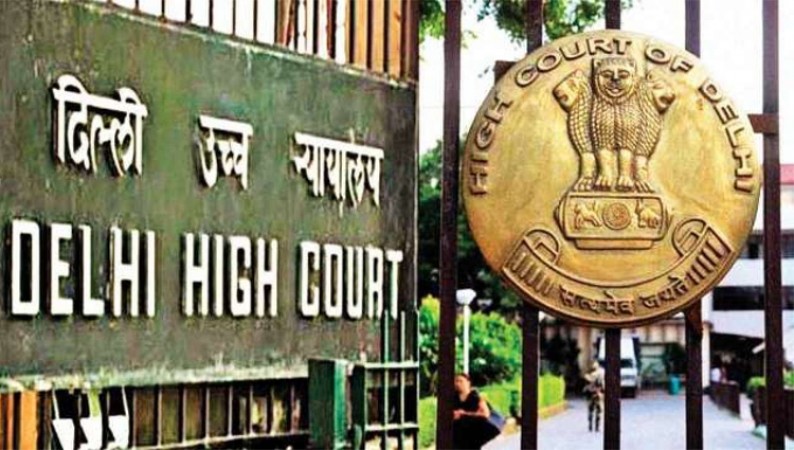
New Delhi: The Delhi High Court has unequivocally affirmed that the right to marry is an inherent aspect of human liberty and a fundamental component of the constitutionally guaranteed right to life. It emphasized that there should be no obstacles posed by parents, society, or the State when two consenting adults opt to unite in marriage.
This judicial pronouncement arose from a petition filed by a couple seeking police protection due to threats from certain family members after marrying against their wishes.
The court has directed relevant police officials to provide adequate protection to the couple, asserting that the petitioners are well within their rights to marry each other. It emphatically stated that "they do not require any social approval for their personal decisions and choices."
Justice Saurabh Banerjee, in a recent order, highlighted the importance of the right to marry, which is not only enshrined in the Universal Declaration of Human Rights but is also an integral facet of Article 21 of the Constitution of India, guaranteeing the right to life.
In the judge's words, "When the parties herein are two consenting adults who have chosen to willingly agree to join hands by way of marriage, there can hardly be any impediment on the way, be it from the parents/relatives, society at large, or the State. There is nothing left for anybody to interfere in the lives of the parties herein."
The petitioners informed the court that they had married earlier this month according to Muslim customs and ceremonies, but the girl's family was threatening them with severe consequences.
The judge emphasized that the Supreme Court has recognized the right of every individual to marry a person of their choice, and Article 21 of the Constitution of India provides protection for life and personal liberty, encompassing the inherent right of individuals to make personal choices, especially concerning marriage.
In the court's view, "The petitioners herein are well and truly entitled to protection under Article 21 of the Constitution of India." It further mandated that the Station House Officer (SHO) and the Beat Constable concerned should take all necessary measures to provide assistance and protection to the petitioners as needed, in accordance with the law.
Congress and CPM Accused of 'Appeasement Politics' in Kerala Blast Aftermath
Man Surrenders, Claims Responsibility for Kerala Prayer Meet Blasts
Sri Lankan Navy Arrests 37 Indian Fishermen and Seizes Boats